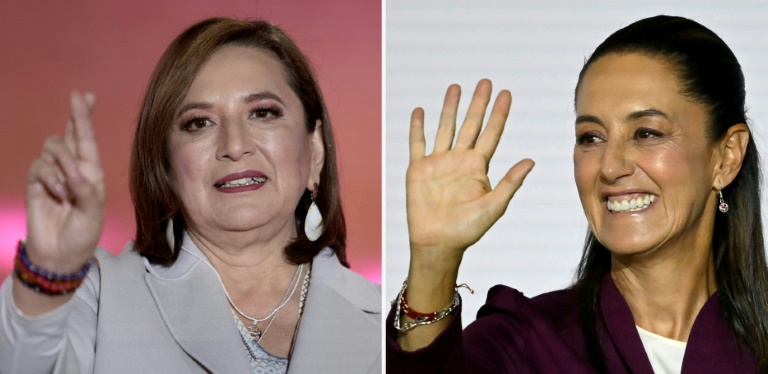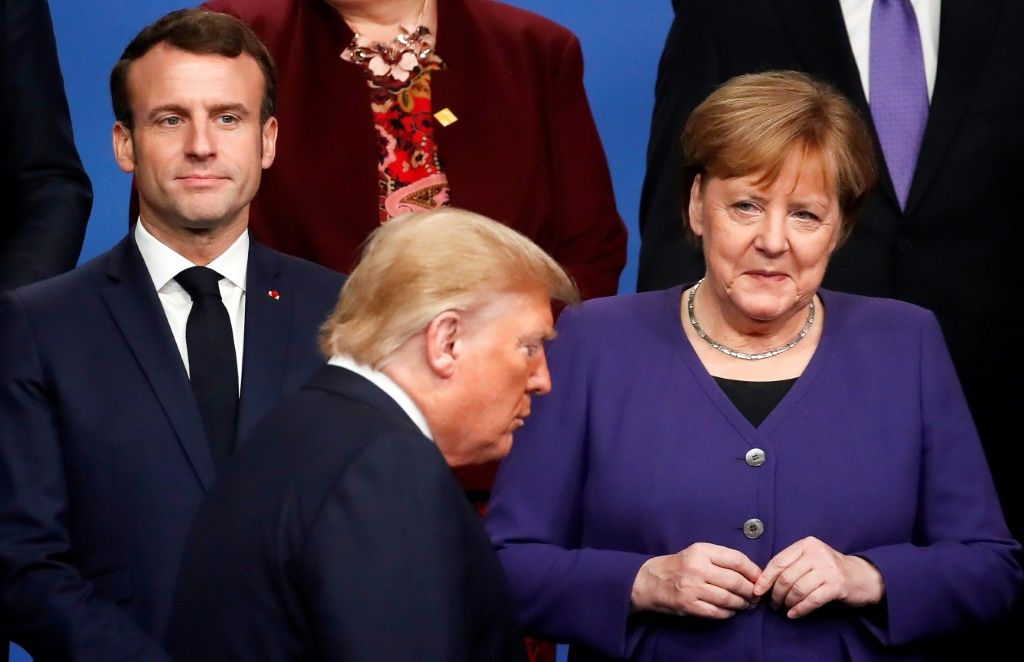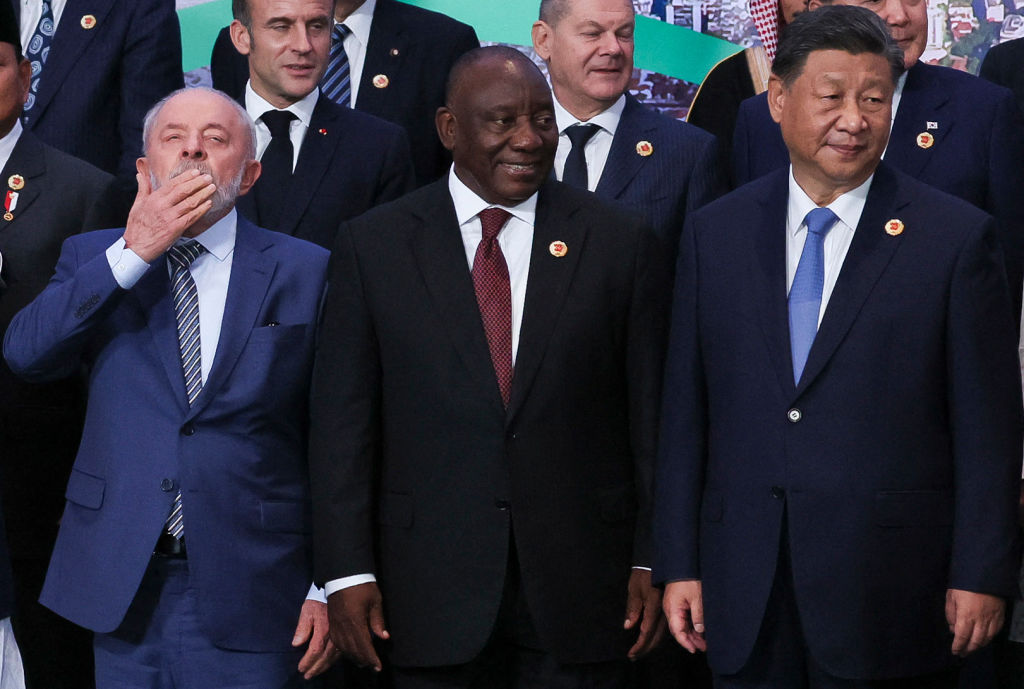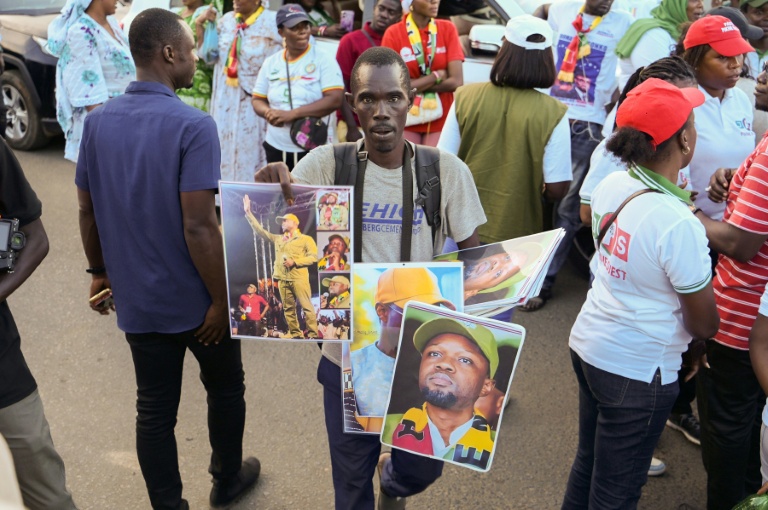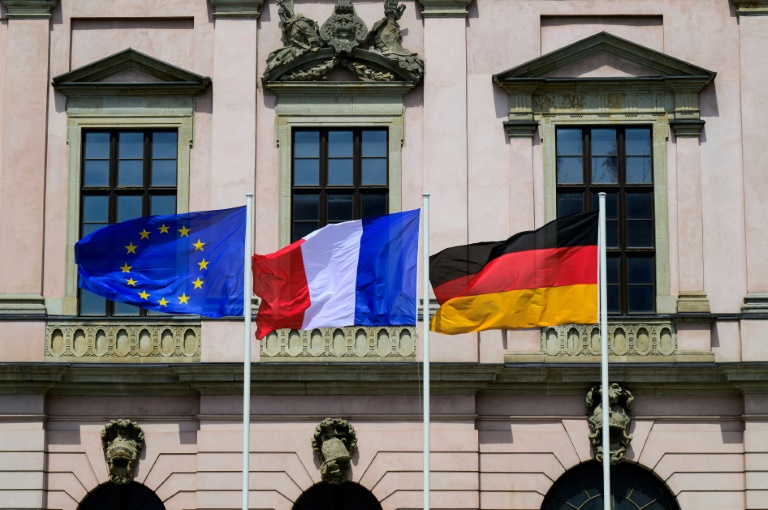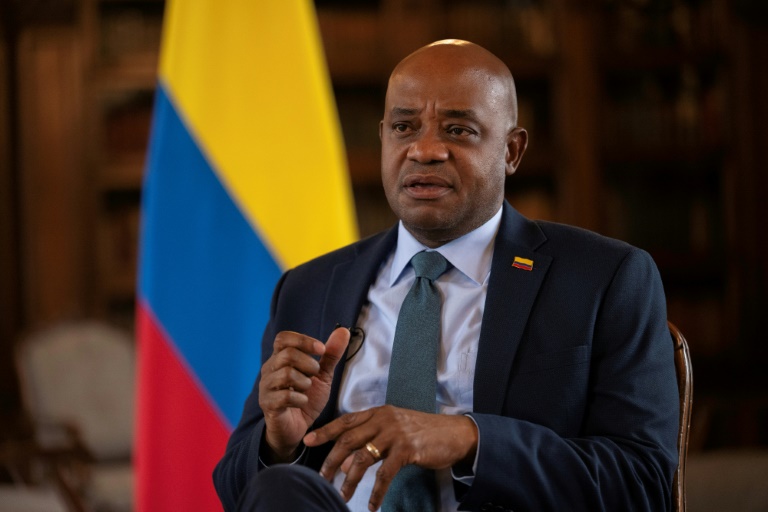Does Mexican presidential front-runner Claudia Sheinbaum want to make circumcision compulsory and close a revered Catholic church? No, it’s all part of an election disinformation war.
The June 2 vote is not only being fought with campaigning in the streets, but also online, where the war is often based on false rumors, many of them debunked by AFP factcheckers.
Internet users using old videos or footage taken out of context have repeatedly accused opposition candidate Xochitl Galvez of wanting to scrap outgoing President Andres Manuel Lopez Obrador’s social programs.
Sheinbaum, the granddaughter of Jewish migrants, has faced unfounded rumors that she wants to make circumcision mandatory and turn the Basilica of Guadalupe into a museum.
Such disinformation generates confusion that undermines confidence in candidates and discourages voting, said Felipe Lopez Veneroni, a political analyst and professor at the National Autonomous University of Mexico.
The hate speech creates “a completely irrational and emotional narrative, which is motivated more by fear than by the clarity of the proposals,” he said.
False rumors reaffirm “prejudices that many people already have — they believe what they want to believe,” Veneroni said.
Both Galvez and Sheinbaum — who are competing to be Mexico’s first woman president — have been accused online of having lied about their university degrees.
Such attacks present them “as weak, incompetent or incapable of leading,” said Frine Salguero, executive director of the Simone de Beauvoir Leadership Institute, a Mexico City training center for women.
“They seek to exclude and dissuade women who participate in the political sphere. Unfortunately it’s a reflection of Mexican society,” she added.
Immigrants have also been dragged into the disinformation war, accused of being bought with social assistance from the government in return for voting for Sheinbaum.
In reality, only 83,000 naturalized migrants are able to cast ballots — a tiny fraction of the 99 million people registered to vote.
The National Electoral Institute has clarified that it does grant the right to vote to foreigners without Mexican citizenship.
Accusations of fraud and doubts surrounding an electoral process are often commonplace on social media.
Days before the Mexican election, some users were still confused by misinformation about how they should mark their ballots, or whether pens provided by the electoral institute contain ink that can be erased.
Such falsehoods can sway voters and even alter the course of the elections, said Martha Tudon, digital rights officer at the rights group Article 19.
“It can be very serious in places where people don’t have full internet access, only to WhatsApp and Facebook,” and cannot verify what they receive, she said.
According to a study released by UNESCO last November, 61 percent of Mexicans get their information through social media.

